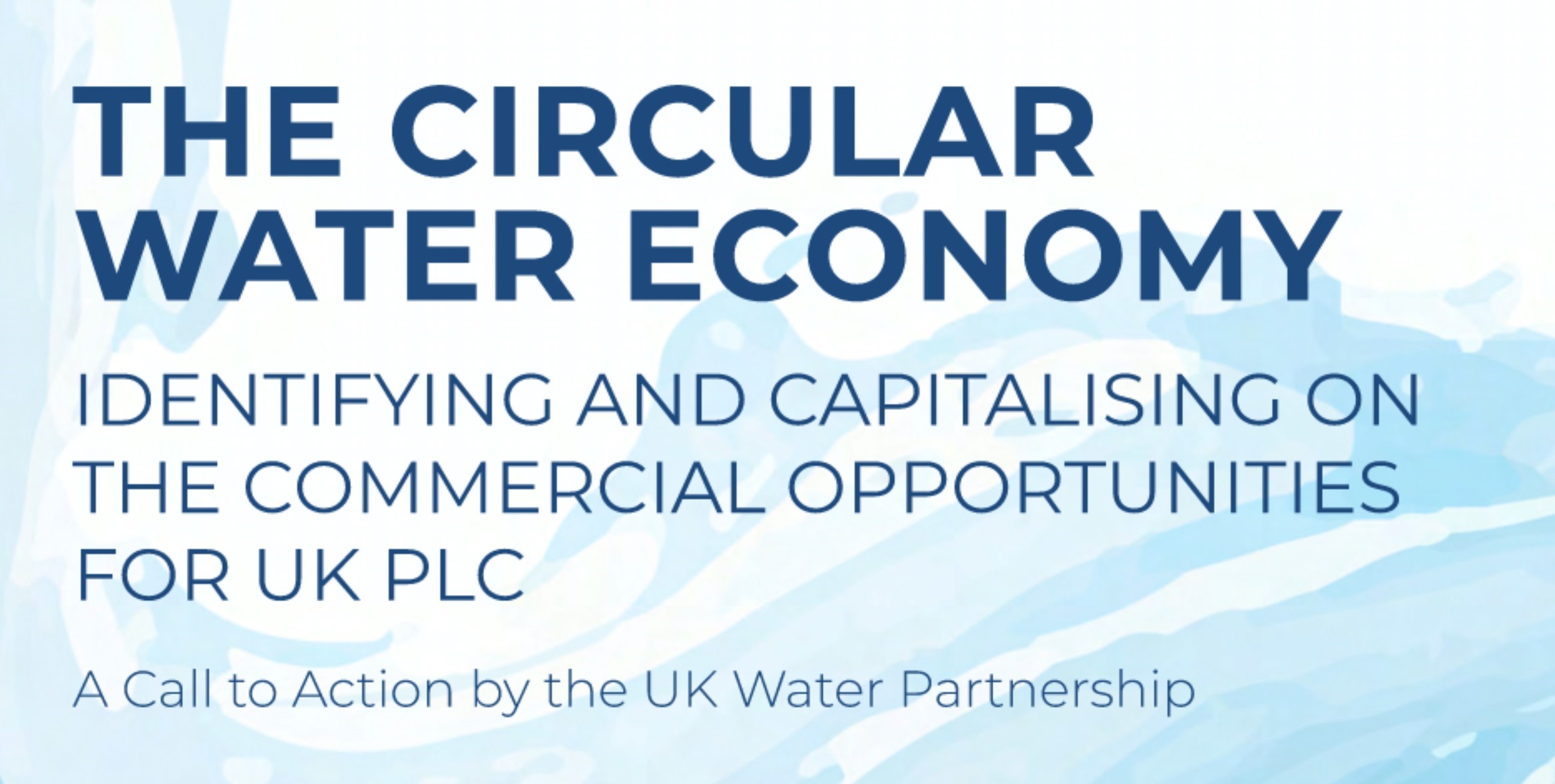
The Circular Economy (CE) covers three broad principles – eliminate, circulate and regenerate. The water industry is well placed to positively engage with all three principles – by minimising abstraction, implementing wastewater treatment solutions that return high quality effluent to the environment, by maintaining assets and recovering waste materials as useful resources, and by engaging with nature at catchment scales to improve biodiversity, water quality and water supply.
The scope and long-term approach to its activities provides the water sector with an unparalleled opportunity to take a leadership position in the transition to a circular economy, both as a consumer of raw materials and as a steward of natural resources. Many of the solutions that are central to a circular water economy, such as integrated water management and nature-based solutions, have the potential to deliver multiple benefits, including enhanced social amenity and gains in biodiversity and natural capital.
However, the potential system-wide value that circular approaches offer is at risk of being missed as the water sector – in common with most others – equates circularity with resource recovery. This paper explores the origins of the Circular Economy, the opportunities and barriers to resource recovery – and calls on experts, innovators and entrepreneurs to develop system-wide tools which can support the transition to genuine circularity in the water sector, allowing the UK to take a leadership position on this critically important topic.
This paper builds on the input provided by a range of expert stakeholders during a series of workshops. These followed an initial joint meeting on the Circular Economy arranged and facilitated by the Scottish Hydro Nation Chair Research & Innovation Programme, the UK Water Partnership, UKWIR and Spring. The input of all individuals who participated in this initiative is gratefully acknowledged.
